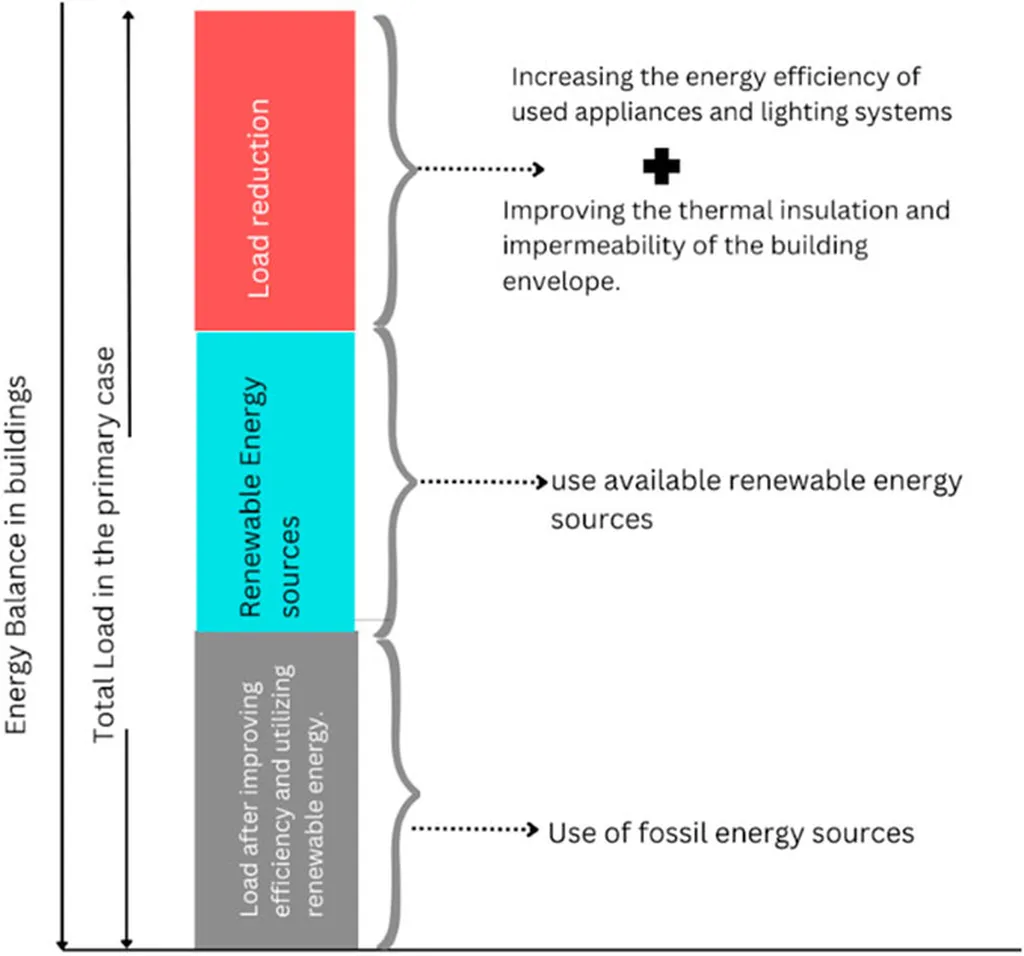In the quest for a sustainable energy future, the role of energy storage cannot be overstated. A recent review published in the journal *Discover Applied Sciences* sheds light on the critical challenges and innovative solutions in energy storage, particularly in the context of the energy transition and the blue economy. Led by Chiara Bordin from the Department of Computer Science at UiT The Arctic University of Norway, the research underscores the necessity of effective energy storage to balance the intermittent nature of renewable energy sources like wind, solar, and marine energy with the power grid.
The study highlights several promising technologies, including battery advancements such as sodium-ion and metal-air batteries, hydrogen storage, and pumped hydro storage. These technologies are poised for large-scale deployment but face significant hurdles. “Shortages in critical raw materials, environmental impact, energy loss, and costs are some of the challenges to large-scale deployment,” Bordin notes. Overcoming these obstacles is crucial for the commercial viability and widespread adoption of these technologies.
The blue economy presents unique opportunities for offshore energy storage, notably through ocean thermal energy conversion (OTEC) and compressed air energy storage (CAES). These innovations could revolutionize how we store and utilize energy, particularly in coastal and island communities. The integration of data-driven optimization and artificial intelligence is also discussed as a means to enhance storage efficiency, potentially reducing costs and improving performance.
Policy interventions and economic incentives are identified as essential drivers for the development and deployment of sustainable energy storage technologies. Bordin emphasizes the importance of education and workforce training in cultivating future researchers, engineers, and policymakers capable of driving energy innovation. “Merging sustainability training with an interdisciplinary approach can potentially establish an efficient workforce that is capable of addressing energy issues,” she explains.
The study calls for a convergence of technological, economic, and educational approaches to enable a sustainable and resilient energy future. As the energy sector continues to evolve, the insights from this research could shape future developments, guiding investments and policy decisions towards a more sustainable and efficient energy landscape. The findings published in *Discover Applied Sciences* offer a comprehensive overview of the current state and future potential of energy storage, providing valuable insights for professionals in the energy sector.

